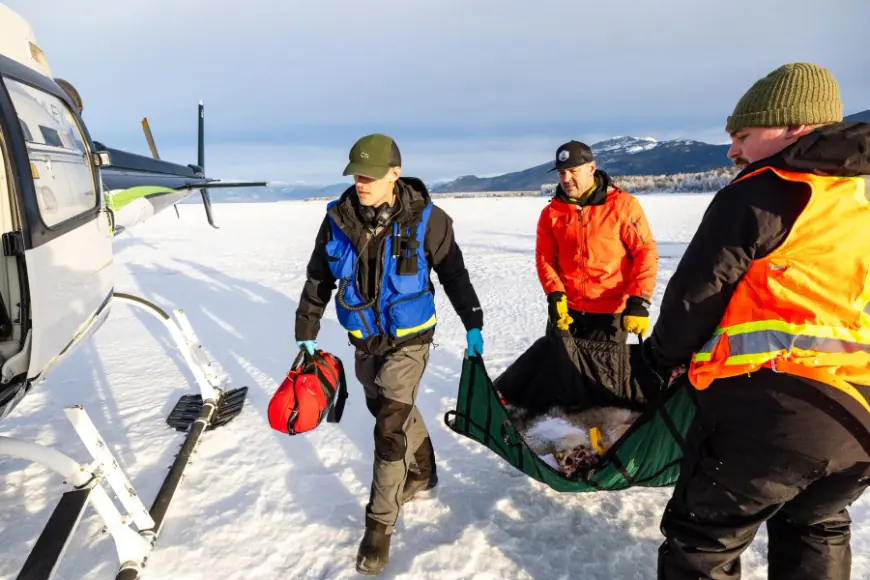Colorado’s wolf reintroduction efforts face budget changes and growing scrutiny
Colorado voters approved the wolf reintroduction plan back in 2020, but since then, costs — and controversy — have only grown.

DENVER (KDVR) — Colorado voters approved the wolf reintroduction plan back in 2020, but since then, costs — and controversy — have only grown.
On Monday, Governor Jared Polis signed the state’s latest budget, which includes funding to continue the wolf reintroduction program — but also adds new guidelines aimed at better protecting ranchers.
Tucked inside the budget is new money for the wolf program, but lawmakers now say future funding will come with stronger controls.
“How do we put guardrails on this program, how do we make sure they are adequately funded, and how do we make sure things don’t get out of hand as they started to last year?” said Senator Dylan Roberts.
The wolf reintroduction effort was originally expected to cost about $800,000 per year. However, actual costs have surged past $2 million, much of it going toward compensating ranchers for livestock losses.
“I think the amount of depredation, the amount of killing of livestock that we have seen by wolves over the last two years, has been much more than anybody anticipated,” Roberts said.
The newly signed budget also includes a footnote requiring the state to take active steps to prevent future livestock attacks.
“Colorado Parks and Wildlife needs to do the seven things that they committed to at their January meeting to help cut down on wolf-livestock interactions, to make sure that range riders are in place, to make sure that communities are being listened to,” Roberts said.
Ranchers say they’re cautiously optimistic that the additional requirements will help.
“I’m glad to see that went through, and I mean I hope that before the next round that all of these programs that we asked for and all of these seven things are actually running,” said Tim Ritschard, president of the Middlepark Stockgrowers Association. “People don’t understand the impact of wolves until they have been impacted.”
While ranchers push for more safeguards, conservation groups are reminding the public why the wolves were reintroduced in the first place.
“Wolves, not only are they majestic and intelligent, but they are also really important for driving our ecosystems, and we have noticed that where wolves have been restored, to ecosystems like Yellowstone for example, that they set off a chain of events that help everything from willows and beaver habitats, to songbirds,” said Allison Henderson with the Center for Biological Diversity.
For now, the state is moving forward — but the future of wolves in Colorado may depend as much on politics as on nature.
“I understand the voters voted for this in 2020 by a very narrow margin, but it’s largely a vote by the Front Range which will never see wolves, will never have to deal with the impact of wolves, and so while there may be some broader ecological benefit, in the long run, the short-term consequences and pain that we are feeling have been very negative,” Roberts said.
The changes come just as ranchers across Colorado prepare for the summer grazing season. Gray wolves are currently in their mating season.
What's Your Reaction?







































































































